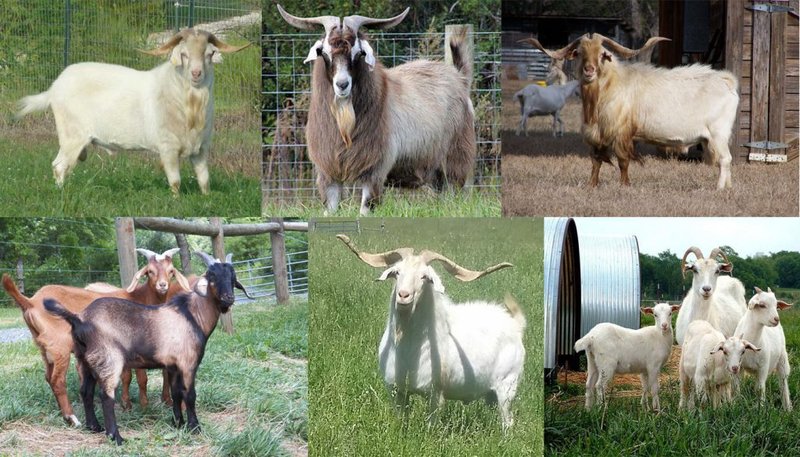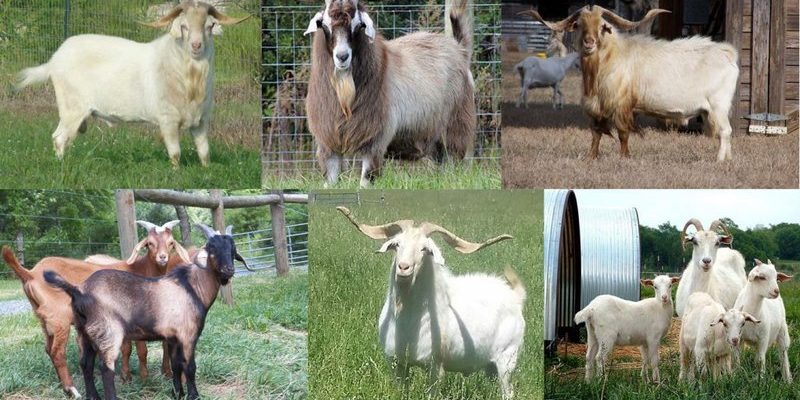
Having a good understanding of your goats’ health is crucial. After all, they rely on you for proper care. Think of it this way: if you were a goat, you’d want your human to be attentive and proactive about your well-being, right? From digestive troubles to respiratory infections, let’s explore what you need to know to keep your Kiko goats healthy and happy.
Common Digestive Issues
Kiko goats, like many ruminants, can encounter digestive problems. The most frequent issues include bloat, enterotoxemia, and parasites. Bloat occurs when gas builds up in the rumen, leading to discomfort and potential pain. You might notice your goat’s belly swelling and them appearing restless. It’s crucial to tackle this issue quickly, as it can become life-threatening.
Here’s the thing: poor diet often contributes to digestive problems. Feeding your goats too many grains or not providing enough fiber can upset their stomachs. To help prevent these issues, ensure your goats have a balanced diet rich in hay and pasture. Supplementing with minerals can also help maintain their digestive health.
Another common issue is enterotoxemia, often referred to as “overeating disease.” This happens when goats consume too much high-carbohydrate feed, leading to toxin production in their intestines. It can cause sudden death, which is heartbreaking for any goat owner. To avoid this, introduce changes to their diet gradually and monitor their feed closely.
Respiratory Infections
Respiratory infections are another concern for Kiko goats. Symptoms can include coughing, nasal discharge, and lethargy. A common culprit is pneumonia, which can occur during cold or wet weather. If you think about it, goats are like us—they don’t like being chilly and damp either!
Providing shelter that keeps your goats dry and protected from wind is essential. Good ventilation in barns is also key, as it prevents harmful bacteria from lingering in the air. Plus, keeping their living area clean helps reduce exposure to respiratory irritants. Regularly inspect your goats for signs of illness, so you can catch potential issues early.
If a goat does show signs of respiratory distress, consult a vet who can offer guidance on treatment options. In severe cases, antibiotics may be necessary, but maintaining a healthy environment is your best line of defense.
Foot and Hoof Care
Kiko goats are generally hardy, but they can develop hoof problems if not properly cared for. Common issues include foot rot and overgrowth of hooves. Foot rot occurs due to bacteria thriving in wet, muddy conditions. If your goats start limping or show discomfort when walking, it might be time to check their feet.
Regular hoof trimming is vital for preventing overgrowth. You should aim to trim their hooves every 6-8 weeks. This keeps them in good shape, much like how regular haircuts keep our hair from getting unruly. Make it a routine part of your goat care, and consider asking for help if you’re unsure how to do it properly.
You can also promote healthy hooves by keeping their living area dry and well-maintained. If you notice any signs of foot rot, consult your vet for appropriate treatment, which may include antibiotics or foot baths.
Skin and Coat Health
A healthy coat is a sign of a happy goat, but Kiko goats can sometimes suffer from skin issues. Common problems include mange, fungal infections, and external parasites like lice. If you notice excessive itching or hair loss, it’s a good idea to take action.
Providing a clean living environment plays a vital role in maintaining skin health. Regular grooming not only keeps their coats shiny but also helps you spot any issues early. You might also consider using natural treatments or medications recommended by your vet to combat parasites when needed.
Nutritional health contributes significantly to skin and coat quality. Make sure your goats are getting the right vitamins and minerals in their diet. If you think of their fur as a reflection of their overall health, it’s easier to understand how diet impacts their well-being.
Preventing Common Health Issues
Prevention is key to keeping your Kiko goats healthy. Here are some simple yet effective strategies you can incorporate into your routine:
- Regular Health Checks: Make it a habit to inspect your goats weekly. Look for signs of illness, abnormal behavior, or changes in appetite.
- Vaccination: Consult with your veterinarian about essential vaccinations. Keeping up with vaccines is crucial for preventing diseases.
- Proper Nutrition: Ensure your goats have constant access to fresh water, high-quality forage, and minerals. A healthy diet is a strong foundation for overall health.
- Clean Environment: Keep their living space clean and dry. Regularly clean out bedding and prevent water from pooling in their area.
- Quarantine New Goats: If you add new goats to your herd, quarantine them for a few weeks to prevent potential disease transmission.
Having a preventive approach can save you time, money, and a lot of heartache in the long run.
Understanding Veterinary Care
Even with the best care, there may be instances where your Kiko goats need professional help. Building a relationship with a good veterinarian is essential. They can provide regular check-ups and help you develop a health plan tailored to your herd’s needs.
You might be wondering how to choose the right vet for your goats. Look for someone with experience in large animals, especially goats. Ask about their approach to preventative care and whether they offer emergency services. Having a go-to vet ensures you’re prepared when health issues arise.
In case of illness, act quickly. The earlier you seek help, the better the chances of a full recovery. It’s like calling a mechanic before your car breaks down completely—those preventative visits can make all the difference.
Final Thoughts
Caring for Kiko goats can be a delightful and fulfilling experience, but paying attention to their health is crucial. You now have insights into some common health issues they may face and tips for prevention. By being proactive with their care—much like nurturing a garden—you can ensure your goats live happy and healthy lives.
Since goats rely on you for their well-being, it’s worthwhile to invest time into learning and understanding their health needs. Remember that the more you know, the better you can care for these charming animals. Happy goat-keeping!

